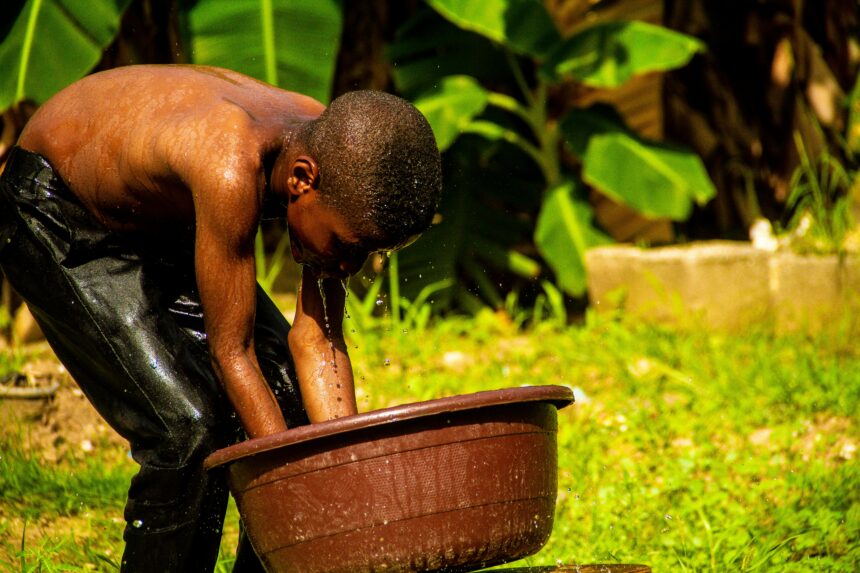A heat wave is an extended stretch of exceptionally hot weather, frequently accompanied by high relative humidity, a heat wave is characterized by temperatures that are significantly higher than average for that time of year in that specific location. Extended exposure to high temperatures can cause heat-related illnesses including heat exhaustion and heat stroke, hence heat waves can be extremely dangerous to health. Here are six (6) things to do during a heat wave.
- Stay Hydrated; drink water regularly throughout the day, try to drink eight 8-ounce glasses or more if you are an active person. Also, eat foods high in water content, such as fruits and vegetables. Oranges, cucumbers, and watermelons are great options.
- Wear Light Clothes; choose clothing that fits loosely and in light colors. Light colors reflect sunlight instead of absorbing it, and loose clothing allows for air circulation. Think about wearing clothes that wick away moisture to help you stay cool by keeping perspiration off your body.
- Use Sun Screen; when applying sunscreen to exposed skin, use an SPF of 30 or higher. To protect your face, neck, and shoulders, put on a hat with a wide brim. Also, use sunglasses with UV rays to protect your eyes from the sun.
MUST READ;What is Mediterranean Wrap?
- Use Fan and Air Conditions; Remain in air-conditioned areas whenever you can. Public spaces like community centers, malls, and libraries could be able to help. Use fans to move air around if you don’t have air conditioning. During the hottest part of the day, keep windows and drapes closed; open them in the evening.
- Limit Exercise; if you work out, try to do it in the morning or late at night when it’s cooler outside. Adjust the duration and intensity of your workout to account for the heat. Pay attention to your body and take shaded breaks.
- Stay Indoors; avoid doing anything physically demanding outside between the hours of 10 a.m. and 4 p.m., when the temperature is usually at its maximum. If you must be outside, take frequent pauses under the shade and drink plenty of water.
Several factors can contribute to heat waves, such as specific weather patterns, high-pressure systems that trap warm air, and a lack of clouds. In many regions of the world, heat waves are becoming more frequent and intense due to climate change. It’s important to take care of your health during a heat wave since intense heat can be deadly. Seek medical assistance right away if you suffer from signs of heat-related ailments, such as nausea, dizziness, or confusion.


